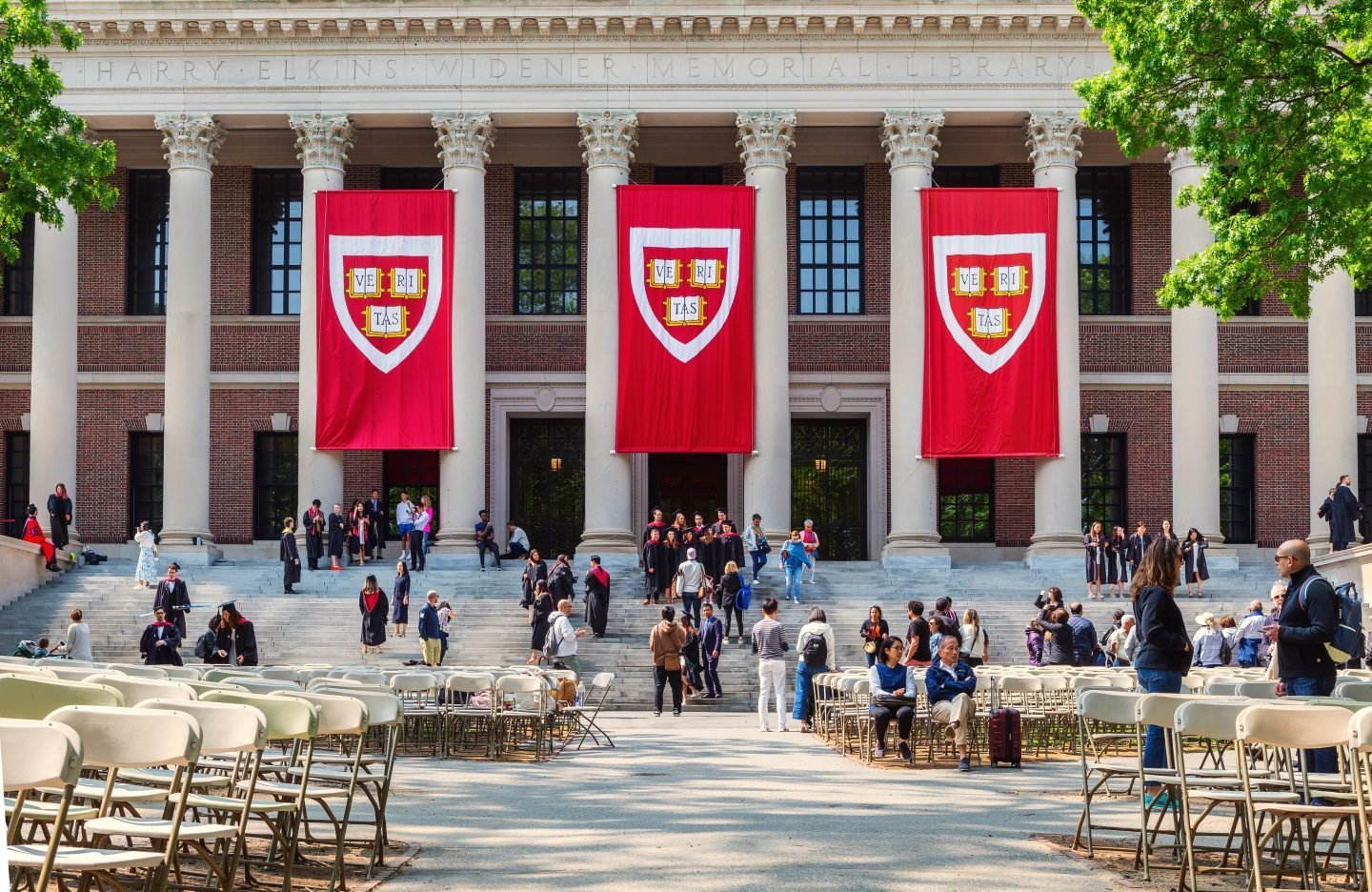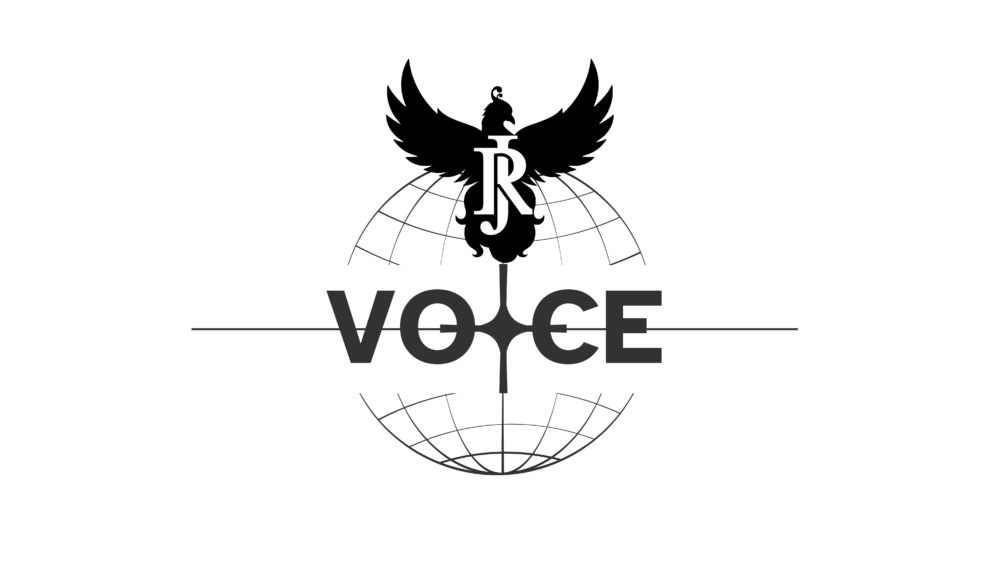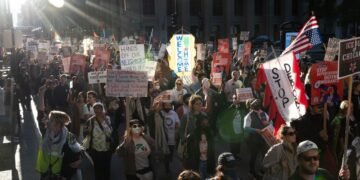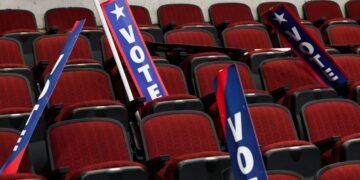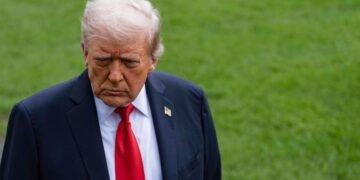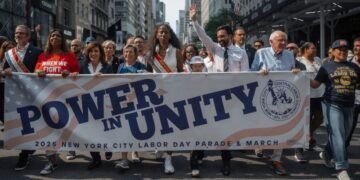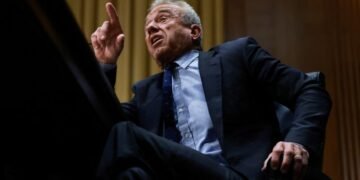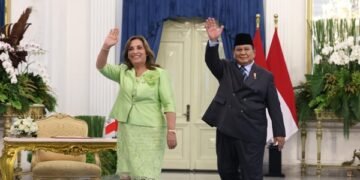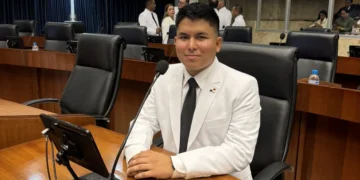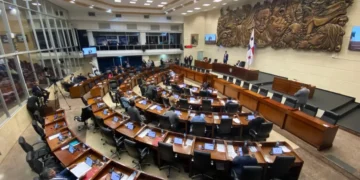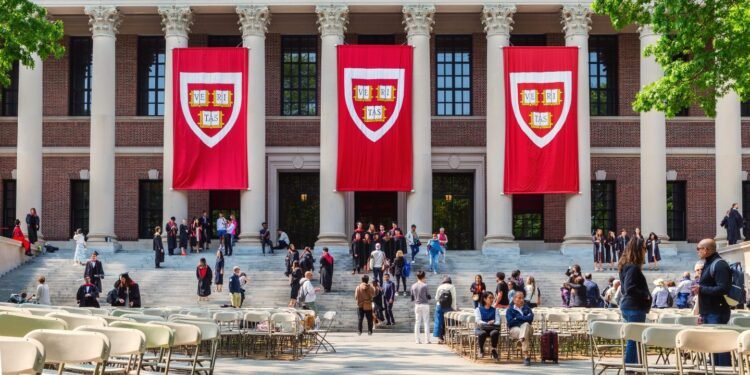A group of Harvard University professors has filed a lawsuit challenging the Trump administration’s recent efforts to impose new policy requirements in exchange for continued federal funding. The suit, brought by the university’s chapter of the American Association of University Professors (AAUP) and the national AAUP organization, seeks an immediate restraining order to prevent the federal government from withholding nearly $9 billion in grants and contracts.
At the center of the dispute is a letter Harvard received from a federal task force demanding changes to university policies in return for ongoing financial support. Among the demands were the dismantling of diversity, equity, and inclusion (DEI) initiatives, a prohibition on mask-wearing during campus protests, and full cooperation with immigration enforcement agencies. These conditions are part of a broader federal review targeting alleged antisemitism on campuses across the country in response to protests surrounding the Israel-Hamas conflict.
The lawsuit describes the administration’s actions as a direct attack on academic independence and constitutional rights. According to the complaint, the attempt to condition funding on ideological conformity violates the First Amendment and Title VI of the Civil Rights Act, which protects against discrimination in federally funded programs.
The professors argue that the Trump administration’s use of funding as leverage amounts to coercion and threatens Harvard’s autonomy. They say the government is attempting to impose political and ideological conformity on academic programs by threatening to defund research and teaching that doesn’t align with its preferred narrative.
The lawsuit warns that cancellation of Harvard’s funding is imminent, pointing to similar measures already taken against institutions such as Columbia University, which recently lost $400 million in federal support and subsequently altered several campus policies.
The professors also claim that the administration’s demands have disrupted academic work, stalling research in fields unrelated to the stated concerns of antisemitism or civil rights. The suit further contends that entire departments and research projects are at risk of being shuttered unless they revise their content to match government preferences.
In the days leading up to the filing, nearly 800 Harvard faculty members urged the university’s governing bodies to resist what they called an unconstitutional overreach by the federal government. They called on Harvard to publicly reject the pressure campaign and defend the institution’s principles of academic freedom.
Harvard President Alan Garber warned that losing federal support would severely disrupt the university’s operations, particularly its scientific and medical research efforts. He noted that the grants and contracts in question fund life-saving studies and innovations that would be imperiled by a cutoff.
Andrew Manuel Crespo, a Harvard Law School professor and legal counsel for the AAUP-Harvard chapter, said the government is crossing a constitutional line. “Faculty members have a protected right to express themselves and conduct research without the threat of political retaliation,” he said, arguing that this legal challenge is about preserving free thought and inquiry at one of the country’s most prominent academic institutions.
The case is likely to test the boundaries of executive authority in setting conditions for federal funding, particularly when it comes to academic institutions and political expression.
